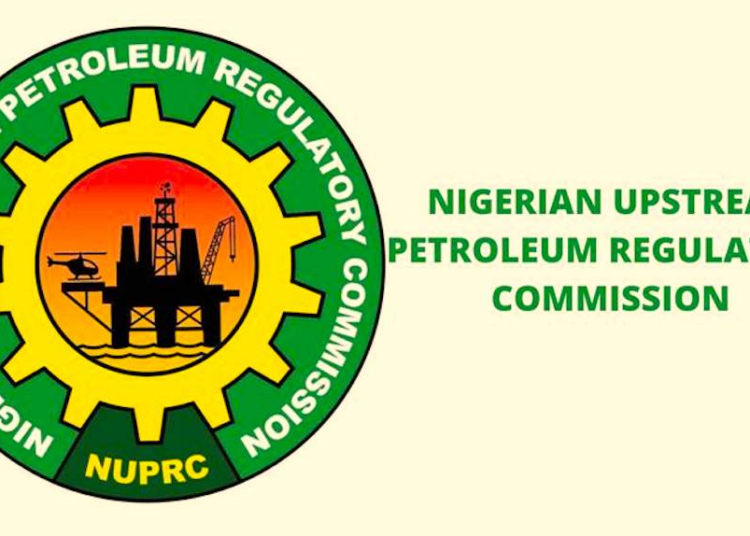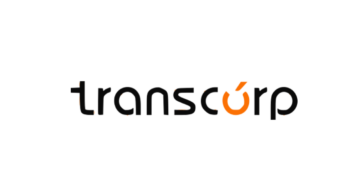The Nigerian Upstream Petroleum Regulatory Commission (NUPRC) has unveiled plans to unlock 5.13 billion barrels of deepwater oil reserves, with a goal to boost Nigeria’s oil production by an additional 810,000 barrels per day (bpd).
Chief Executive of the NUPRC, Gbenga Komolafe, who made this known, said Nigeria aims to rejuvenate its offshore oil production and reinforce its standing as a key player in the global energy landscape.
Speaking at a stakeholders’ workshop on deep/shallow water cluster/nodal development in Abuja on Thursday, Komolafe who was represented by the executive commissioner for Economic Regulation and Strategic Planning, Babajide Fashina, said the plan was conceived in response to the industry’s dwindling offshore output and the need to harness untapped reserves for sustainable growth.
Komolafe highlighted the significant untapped potential within the country’s deepwater fields. While Nigeria’s offshore exploration has been successful with major fields such as Banga, Agbami, Erha, and Egina, deepwater production has declined from its 2016 peak of 800,000 bpd to less than 500,000 bpd, currently contributing about 26 per cent of total national output.
“The data shows more than 5.13 billion barrels of oil and 13.53 trillion cubic feet of natural gas remain undeveloped in our deepwater reserves,” Komolafe said. “Embedded in this are 3.59 billion barrels of proven and probable oil and condensate reserves along with approximately 13.53 trillion cubic feet of non-associated gas.”
To capitalise on this vast opportunity, NUPRC has set up the Shallow and Deepwater Cluster Development Committee, tasked with working alongside operators like Star Deepwater, ESSO, Nigeria Agip Exploration, Shell Nigeria Exploration and Production Company, and Total Energies to accelerate cluster or nodal developments in deepwater fields.
Execution of approved Field Development Plans (FDPs) alone could yield an increase of up to 810,000 bpd in peak production.
Currently, Nigeria averages 1.75 million barrels per day in oil and condensate output, which falls short of the technical potential of 2.2 million bpd. The Commission called on industry stakeholders to intensify collaboration and innovation to bridge this production gap.
“The Commission is committed to unlocking these deepwater resources in a safe, productive, and sustainable manner to secure our nation’s energy future and economic prosperity,” Komolafe said.
The event was themed, “Harnessing the potential of deep/shallow water, oil and gas accumulations through clusters/nodal development in Nigeria.”
“At the peak of our deepwater oil production in 2016, Nigeria was producing about 800,000 barrels of oil per day. Sadly, that figure has now dropped to below 500,000 barrels per day,” he said.
“Our data shows that we have over 5.13 billion barrels of oil and 13.53 trillion cubic feet of gas still sitting untapped in our deepwater acreages. Of this, 3.59 billion barrels fall under 2P reserves, meaning they are proven and probable but yet undeveloped,” Komolafe explained.
According to him, a preliminary regulatory deep-dive through the Field Development Plan approvals indicates that current developments-in-view could unlock around 1.55 billion barrels of oil and condensate and another 1.49 trillion cubic feet of associated gas.
“Once these approved FDPs are executed, we could see peak oil production rise by as much as 810,000 barrels of oil per day. The question we must ask is: what’s holding us back, and how can we overcome the barriers together?” he queried.
The Commission boss said a new Shallow and Deepwater Cluster Development Committee had been inaugurated within the NUPRC to work closely with international oil companies and indigenous producers to identify and mature these opportunities.
“Our goal is not just more production, but more value. Through this collaborative approach, we want to maximise returns from existing assets, ramp up volumes, and reduce unit technical costs,” he noted.
Komolafe lamented that deepwater fields, despite their huge potential, had become underutilised due to challenges such as funding gaps, infrastructure limitations, regulatory bottlenecks and delayed project sanctions.
“Our eight FPSOs, Floating Production Storage and Offloading units, are grossly underutilised today. We can do more if we work together,” he said.
He added that deep offshore reserves currently account for 18 per cent of Nigeria’s total oil and condensate reserves, with major discoveries such as Bonga, Agbami, Egina, and Erha fields leading the way.
“Today, we have cumulatively produced over 4.4 billion barrels from our deepwater operations, thanks to companies like Shell, ExxonMobil, TotalEnergies, Agip and Chevron. But we must now move beyond the past and look toward unlocking future barrels,” Komolafe said.
While commending industry stakeholders for their cooperation, he stressed the need for faster project development timelines, saying: “It is time for kinetic interventions, practical steps that will bring results, not more rhetoric.”
The NUPRC boss also disclosed that Nigeria’s average year-to-date crude oil and condensate production currently stands at 1.75 million barrels per day, which is below the country’s technical potential of 2.2 million bpd.
“We believe Nigeria can do much more. This cluster development framework is a realistic step toward bridging the gap and achieving our production targets,” he said.
Komolafe urged operators to embrace the Commission’s collaborative model and commit to delivering results that would drive energy security, economic stability, and prosperity for all stakeholders.
“It’s not just about barrels; it’s about shared value creation. Through strategic development of our shallow and deepwater assets, we can lift the entire economy,” he added.
In his technical presentation, the Executive Commissioner for Development and Production at NUPRC, Enorense Amadasu, said unlocking the production would rely on executing already-approved Field Development Plans and adopting new cost-saving frameworks.
“Execution of the approved development plans in deep offshore fields is expected to bring in an additional 810,000 barrels per day,” Amadasu stated. “This is not just theoretical. We already have projects like Bonga North that have taken Final Investment Decisions, and several more are in view—Owowo, Zaba Zaba, Eta, NAE, and others.”
Amadasu noted that while Nigeria has offered 31 deepwater blocks between 2022 and 2024, including seven deep offshore blocks in the 2022 mini-bid round and 24 licenses with two continental shelf awards in 2024, actual production volumes have failed to reflect the potential.
He said multiple challenges including high technology costs, uneconomic standalone developments, and delays in Final Investment Decisions have slowed progress.
“Suboptimal project economics mean that many of these assets are not viable if developed in isolation. That’s why we’re pushing for cluster or nodal development, where operators collaborate to share infrastructure, reduce cost, and deliver value,” he explained.
The NUPRC has already set up a Deepwater Cluster Development Committee, made up of technical and commercial experts, to identify viable groupings of assets and map out a path toward joint development. According to Amadasu, a wider industry-wide committee will be inaugurated soon with subcommittees focused on infrastructure, subsurface validation, economics, and policy needs.
“We have identified over 20 key deepwater assets, Owowo, Nsiko, Bolia, Aparo, Bonga South West, Doro, Sheki, Akpo West, and others. While some may lack scale individually, they can become viable if developed together,” he said.
On government incentives, Amadasu cited ongoing interventions, including zero hydrocarbon tax on deepwater fields under the Petroleum Industry Act, as well as Presidential Directives 40, 41 and 42. These directives respectively addressed tax incentives for non-associated gas, accelerated local content compliance, and cost reductions in contracting cycles.
“Despite fiscal reliefs such as zero per cent hydrocarbon tax on deepwater assets and reduced rates for other lease types, 15 per cent for PPLs and 30 per cent for BMLs, we still haven’t unlocked the full value,” he said. “That’s why this collaborative workshop is critical.”
“Let’s be honest, without deepwater volumes, we cannot lift our national production. If we don’t act now, in the next five years, we’ll struggle badly as an upstream nation,” he warned.





